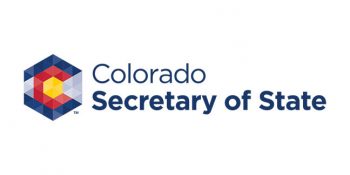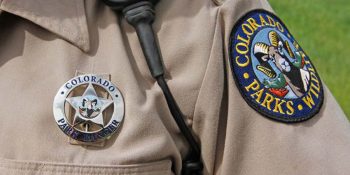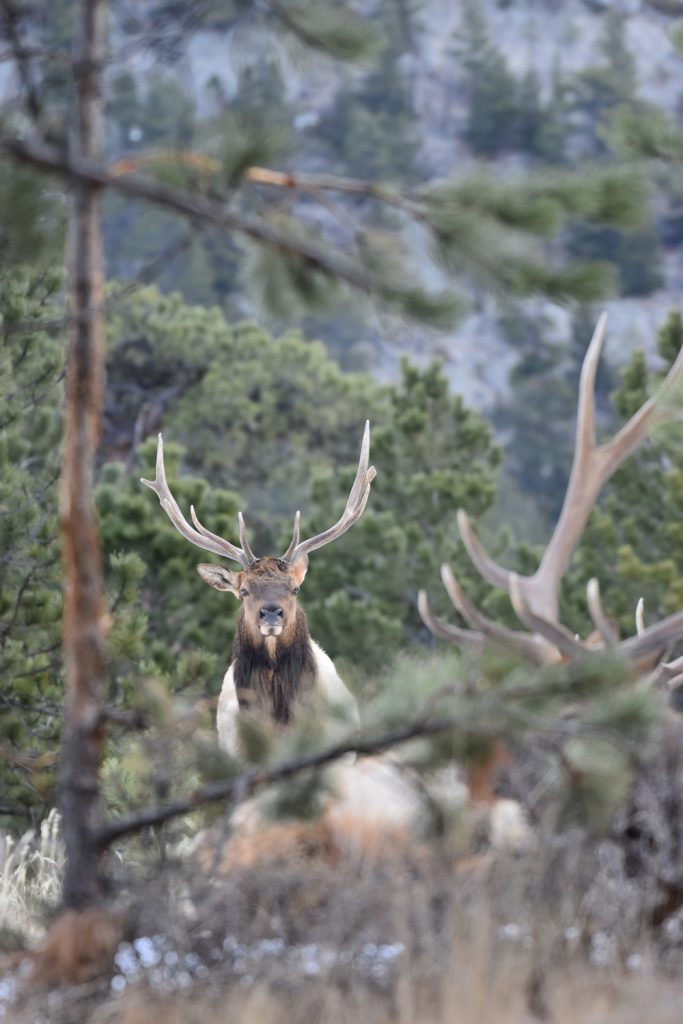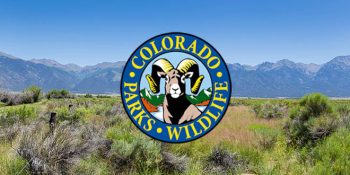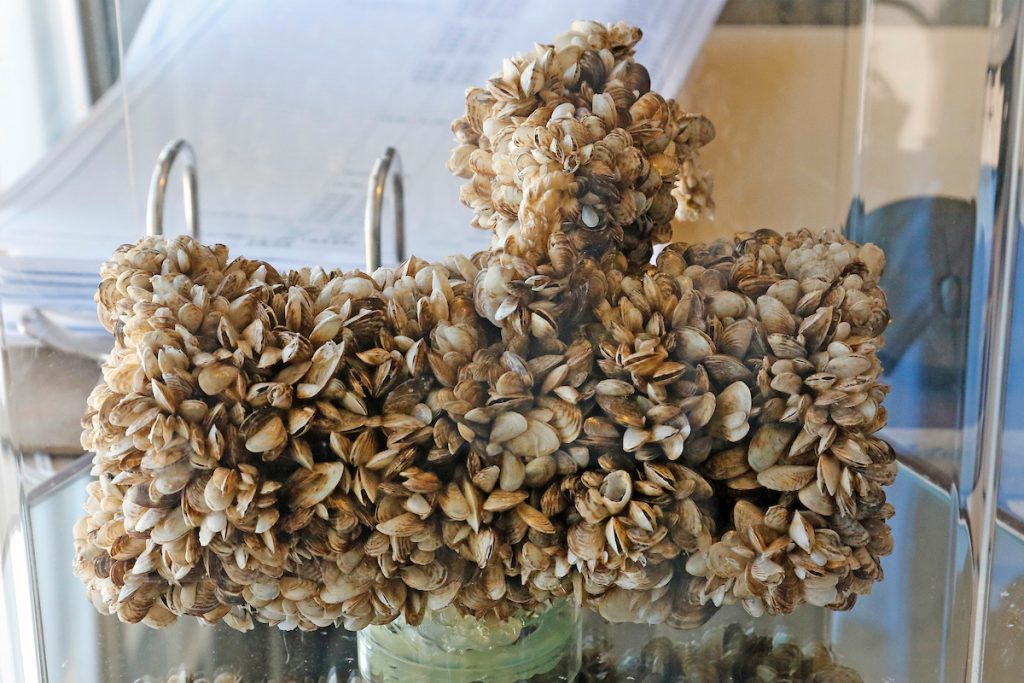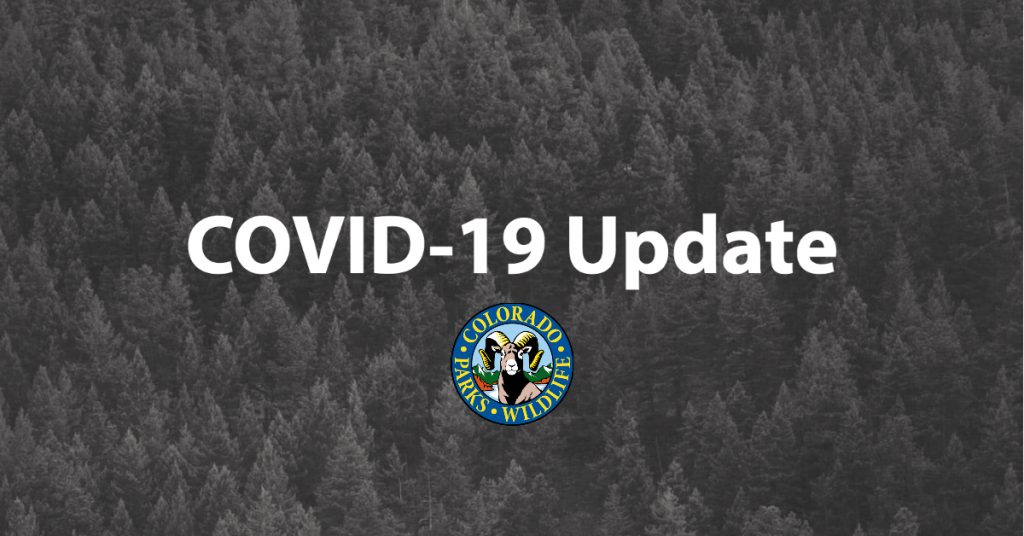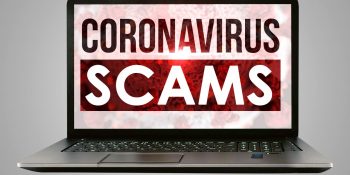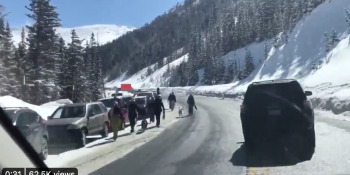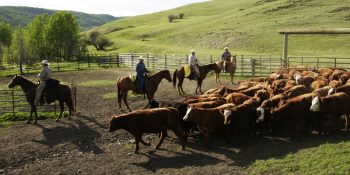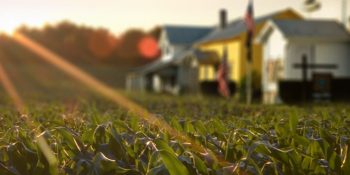Delegation Letter Supports State of Colorado’s Application for 1135 Waiver from HHS
Washington, D.C. – Colorado U.S. Senators Michael Bennet (D) and Cory Gardner (R), along with Colorado U.S. Representatives Diana DeGette (D), Joe Neguse (D), Scott Tipton (R), Ken Buck (R), Doug Lamborn (R), Jason Crow (D), and Ed Perlmutter (D), requested the U.S. Department of Health and Human Services (HHS) waive certain requirements hampering the State of Colorado’s efforts to provide much-needed care to Coloradans during the Coronavirus Disease 2019 (COVID-19) pandemic. In their letter to HHS Secretary Alex Azar, the lawmakers requested a swift review of the state’s application for an 1135 waiver, which would provide Colorado’s Medicaid program more flexibility to serve Coloradans during this turbulent period.
The lawmakers’ letter follows an announcement on Monday from the Centers for Medicare & Medicaid Services that it will grant 11 other states 1135 waivers.
“On March 24, the Colorado Department of Health Care Policy and Financing, the State’s Single State Medicaid agency, submitted an 1135 waiver, designed to reduce administrative burdens on: clients seeking access to care; on the state’s Medicaid program; and, on providers seeking to participate in Medicaid,” wrote Bennet and the lawmakers. “This three-pronged approach will free up valuable state resources during a time when, more than ever, Coloradans need seamless access to care and the state needs to devote as many resources as possible to the COVID-19 response.”
“On behalf of our constituents, we urge HHS to complete full and fair consideration of Colorado’s 1135 waiver application in the most expeditious manner possible,” concluded the lawmakers.
The text of the letter is available HERE and below.
Dear Secretary Azar:
We write to request the U.S. Department of Health and Human Services (HHS) to give its quick, fair, and full consideration to Colorado’s application for a waiver under Section 1135 of the Social Security Act, which the state submitted today, March 24, 2020 [see attachment].
On March 5, 2020, the first Colorado patient tested presumptive positive for Coronavirus Disease 2019 (COVID-19), now a global pandemic. On March 10, Governor Jared Polis declared a state of emergency. As of this morning on March 24, Colorado had 720 COVID-19 cases in 31 of its 64 counties, 72 hospitalizations, seven deaths, and five outbreaks at residential and non-residential health care facilities.
Governor Polis, working with state agencies, has expeditiously deployed resources across the state to prevent the spread of COVID-19. Colorado has developed and implemented innovative approaches to addressing the increasing demands on state and private resources, including working with private business to address the personal protective equipment shortage, issuing Executive Orders to stop the spread of the disease, and implementing numerous measures to increase access to care, including through telehealth.
On March 24, the Colorado Department of Health Care Policy and Financing, the State’s Single State Medicaid agency, submitted an 1135 waiver, designed to reduce administrative burdens on: clients seeking access to care; on the state’s Medicaid program; and, on providers seeking to participate in Medicaid. This three-pronged approach will free up valuable state resources during a time when, more than ever, Coloradans need seamless access to care and the state needs to devote as many resources as possible to the COVID-19 response.
We fully support quick consideration of Colorado’s 1135 waiver application, including both the check list of flexibilities under numbers 1 through 5 and the additional flexibilities under “Number 6 – Other Section 1135 Waiver Flexibilities,” to ensure they have the flexibility they need to effectively combat COVID-19.
On behalf of our constituents, we urge HHS to complete full and fair consideration of Colorado’s 1135 waiver application in the most expeditious manner possible.
photo credit: MGN online
SPREAD THE NEWS
COMMENT, Like, Follow & SHARE @I70Scout
